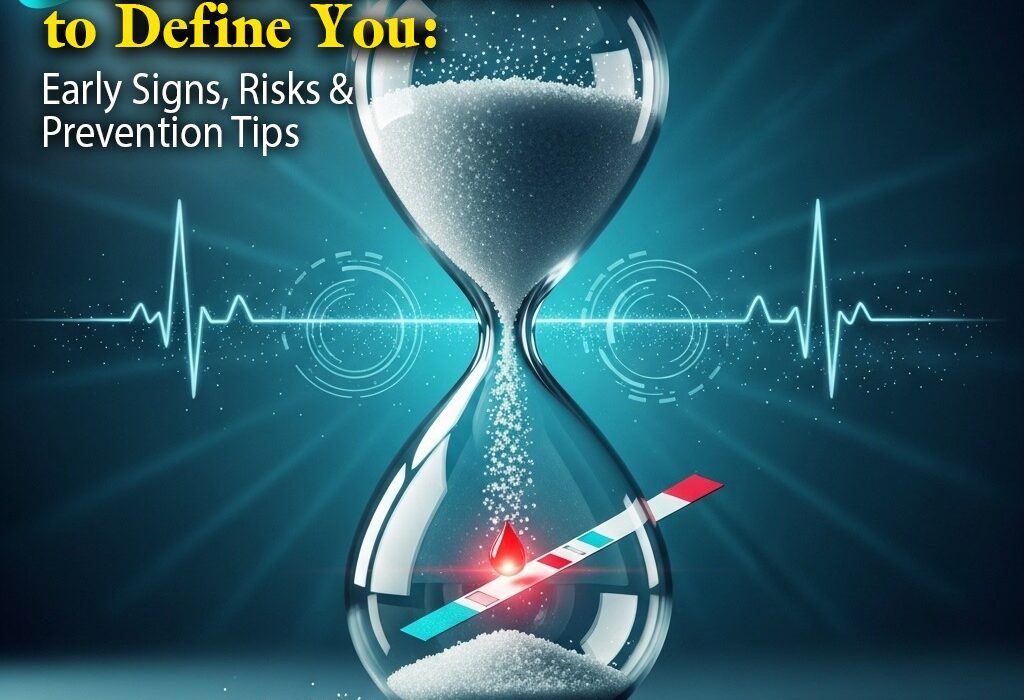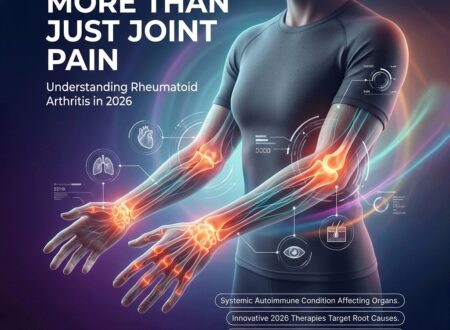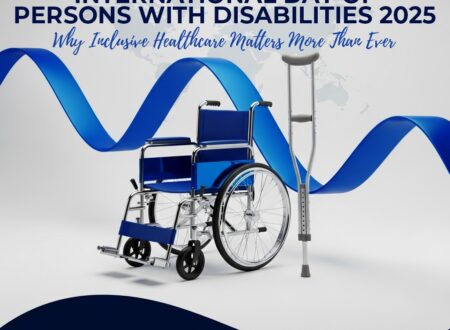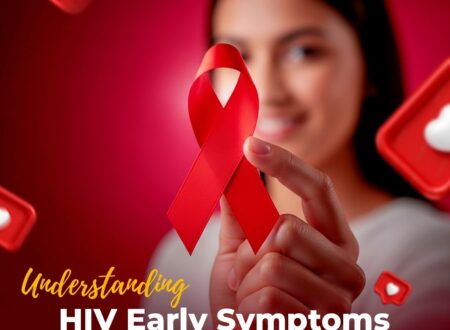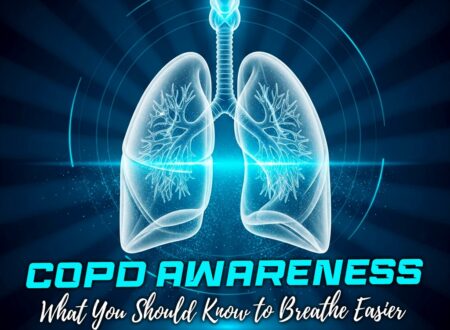Introduction
Diabetes is one of the most common chronic diseases in the world — but it doesn’t have to control your life. Over 500 million people are currently living with diabetes, and many don’t even realize it until serious symptoms appear. Recognizing the early signs of diabetes can help prevent long-term complications and even reverse prediabetes through timely lifestyle changes.
According to the World Health Organization (WHO), diabetes-related deaths have increased significantly, but awareness and prevention can turn the tide. The earlier you identify the warning signs, the more control you have over your health.
What Is Diabetes?
Diabetes is a condition where your blood glucose (blood sugar) levels rise higher than normal because your body either doesn’t make enough insulin or can’t use it effectively.
There are three main types of diabetes:
• Type 1 Diabetes: An autoimmune disorder where the immune system attacks insulin-producing cells.
• Type 2 Diabetes: The most common type, often linked to lifestyle, obesity, and family history.
• Gestational Diabetes: A temporary form of diabetes that develops during pregnancy.
Understanding these types — and recognizing the early signs of diabetes — is the first step in prevention and management.
Recognizing the Early Signs of Diabetes
One of the biggest challenges with diabetes is that its symptoms often appear gradually. Many people live with prediabetes or mild diabetes without knowing it.
Common early signs of diabetes include:
• Frequent urination, especially at night
• Excessive thirst or constant hunger
• Sudden, unexplained weight loss
• Persistent fatigue and weakness
• Blurred vision or eye strain
• Tingling or numbness in hands and feet
• Slow-healing wounds or frequent infections
If you notice two or more of these early signs of diabetes, it’s time to schedule a check-up. Early diagnosis can prevent serious complications like nerve damage, kidney disease, and vision loss.
For detailed medical reference, visit Mayo Clinic – Diabetes Symptoms.
Risk Factors You Shouldn’t Ignore
While anyone can develop diabetes, certain lifestyle and genetic factors increase your risk. Knowing your risk can help you act early — before symptoms escalate.
Major risk factors include:
• Family history of diabetes
• Being overweight or obese
• Lack of physical activity
• High blood pressure or cholesterol levels
• Diets high in sugar, refined carbs, and processed foods
• Smoking or excessive alcohol consumption
Recognizing these risks and the early signs of diabetes allows for better prevention and early lifestyle intervention.
Prevention Tips: Take Control Before It’s Too Late
The great news? Type 2 diabetes is largely preventable. Simple changes in your daily routine can dramatically lower your risk.
Proven prevention strategies:
• Eat smart: Choose whole grains, vegetables, lean proteins, and fiber-rich foods.
• Stay active: Aim for at least 30 minutes of moderate exercise five days a week.
• Maintain a healthy weight: Even a 5–10% weight reduction lowers risk significantly.
• Monitor your blood sugar: Especially if you have risk factors or notice early signs of diabetes.
• Avoid smoking and alcohol: Both impair blood sugar regulation and insulin function.
• Get regular check-ups: Annual screenings help catch diabetes before it progresses.
As noted by the Centers for Disease Control and Prevention (CDC), lifestyle change programs focusing on diet and activity reduce diabetes risk by over 50%.
When to Get Screened
If you’re over 45 or have a family history of diabetes, ask your doctor for a fasting blood sugar or HbA1c test. Don’t wait until you notice severe symptoms. Screening for the early signs of diabetes can save years of health issues.
For women, screening during pregnancy is crucial, as gestational diabetes can affect both mother and child if untreated.
Living With Diabetes — Without Letting It Control You
Living with diabetes doesn’t mean giving up your favorite foods or activities. It means making smarter choices. Understanding your body’s signals — particularly the early signs of diabetes — empowers you to make informed decisions every day.
Healthy living, routine monitoring, and consistent medical guidance can help you live a long, active, and fulfilling life.
Conclusion
Diabetes doesn’t define who you are — your choices do. Recognizing the early signs of diabetes, taking preventive action, and maintaining healthy habits can change your story.
Start today — because small steps lead to lifelong results.

